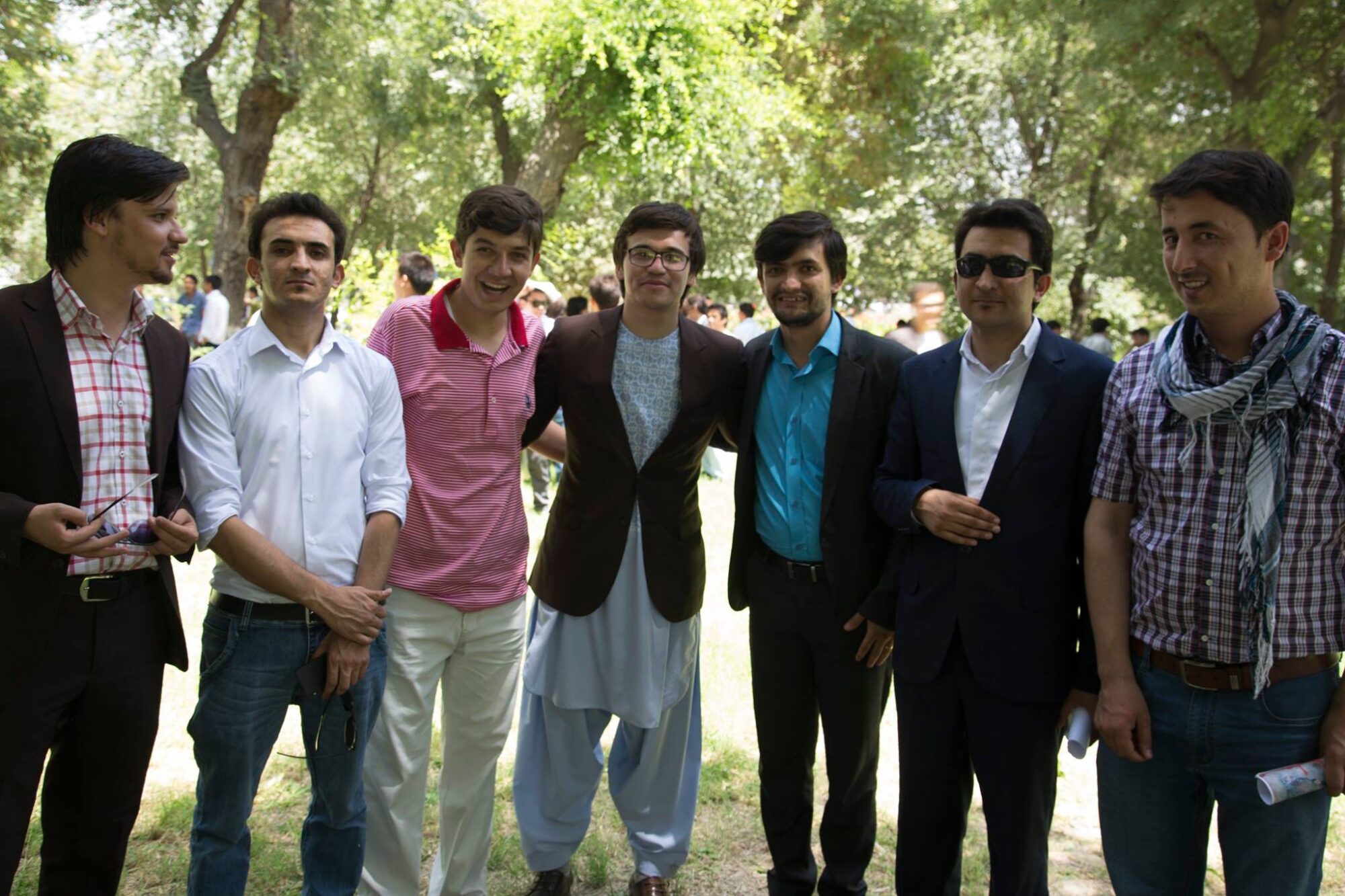The concept of a human rights defender (HRD) transcends mere professional affiliation or activist identity. It embodies a deep ethical commitment to the protection and promotion of human dignity, equality, and justice. A real human rights defender is not simply an individual who speaks out; rather, they are distinguished by a set of enduring values, responsibilities, strengths, and principles that shape both their actions and character.
Core Values and Norms
At the heart of every genuine HRD is an unwavering belief in the inherent dignity and equal rights of all human beings. They are guided by universal norms enshrined in international human rights law, but their advocacy is also rooted in moral integrity, empathy, and solidarity. These values are neither situational nor selective. A real HRD defends the rights of all persons regardless of identity, status, or ideology—even when such defense is unpopular or personally risky.
The commitment to non-discrimination is another hallmark. Real HRDs stand against all forms of injustice, whether systemic or individual, and reject bias based on race, gender, ethnicity, religion, political opinion, disability, sexual orientation, or other status. Their work is inclusive and intersectional, recognizing the complexity and interconnectedness of rights and the lived realities of those they seek to support.
Responsibilities and Ethical Conduct
Being a human rights defender comes with profound responsibilities. A genuine HRD engages in ethical advocacy grounded in truth, transparency, and accountability. They rely on verified information, reject misinformation, and ensure that their actions do not harm those they aim to help. Respect for the agency and voices of affected communities is central; HRDs act in partnership, not on behalf of others without consent.
Real defenders also understand the importance of strategic, lawful, and peaceful methods of engagement. Their advocacy avoids incitement, violence, or manipulation. Instead, it prioritizes dialogue, legal reform, education, and empowerment. They seek sustainable change, not short-term victories or personal recognition.
Strengths and Resilience
One of the most distinguishing characteristics of a real HRD is resilience. Human rights work often entails personal risk, social isolation, psychological pressure, or institutional pushback. Real defenders demonstrate courage not in the absence of fear, but in their persistence despite it. They are resourceful, adaptive, and emotionally intelligent, managing both external pressures and internal ethical dilemmas with maturity and resolve.
Moreover, HRDs are lifelong learners. They constantly refine their knowledge of rights frameworks, legal mechanisms, and advocacy tools. This intellectual curiosity and humility enable them to evolve, collaborate across disciplines, and remain effective in a rapidly changing world.
Unique Dimensions of Authentic Advocacy
Authentic human rights advocacy is not about charisma or visibility—it is about credibility and impact. Real HRDs are often found working quietly in difficult contexts, prioritizing substance over style. They do not seek the spotlight but focus instead on the needs of the vulnerable, the voices of the silenced, and the empowerment of those without access to justice.
Furthermore, their work is rooted in a deep sense of hope. Despite witnessing the worst of humanity, HRDs maintain faith in the possibility of change. They do not romanticize suffering, but they recognize the transformative power of solidarity, truth-telling, and collective action.
Conclusion
In a world where the label “human rights defender” is sometimes used loosely or strategically, it is important to reaffirm what distinguishes a real HRD. It is not the title, platform, or popularity that defines them, but their unwavering commitment to universal values, ethical responsibility, inner strength, and principled action. Real human rights defenders are custodians of conscience, champions of dignity, and agents of peaceful transformation.

Awesome https://is.gd/tpjNyL
Good https://shorturl.at/2breu
Very good https://shorturl.at/2breu
Very good https://lc.cx/xjXBQT
Awesome https://lc.cx/xjXBQT
Very good https://lc.cx/xjXBQT
Good https://lc.cx/xjXBQT
Awesome https://lc.cx/xjXBQT
Awesome https://lc.cx/xjXBQT
Awesome https://urlr.me/zH3wE5
Awesome https://is.gd/N1ikS2
Awesome https://is.gd/N1ikS2
Good https://is.gd/N1ikS2